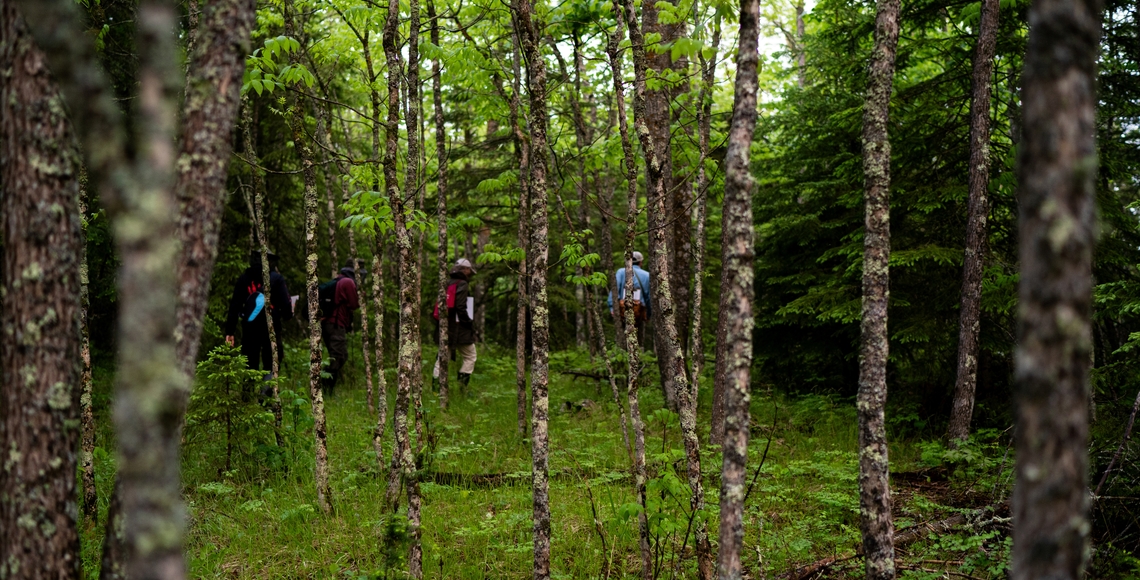The sections below outline Itasca's safety guidelines and requirements for researchers. In addition, all researchers and associated project personnel should complete project-specific safety and ethics trainings. Researchers from institutions outside of the University of Minnesota should complete trainings through their own institutional portals. PIs are responsible for maintaining records of these trainings.
Creating a Field Safety Plan
All researchers should develop a project-specific field safety plan prior to initiating fieldwork. The following resources are available to you for making your plan:
- Prior to creating a plan, researchers should review the IBSL Health and Safety website and the UMN Field Research Safety Program.
- A template to create your project-specific field safety plan is available through the UMN Department of Environmental Health and Safety's Field Safety Resources webpage.
- The station also provides these general guidelines to structure a safety discussion with your research team.
IBSL Laboratory Safety Plan
The UMN Department of Environmental Health and Safety Lab Safety Plan Toolkit is an extensive resource for lab safety information and planning. IBSL has a station-specific Laboratory Safety Plan that all researchers are required to read before beginning lab activities:
Additionally, researchers from institutions outside of the University of Minnesota must complete the IBSL Laboratory Use Agreement form.
For emergency assistance for chemical spills, evacuate the area and call 911. For non-emergency assistance, visit the UMN Department of Environmental Health and Safety webpage, or call (612)-626-6002.
Motorboat Protocol
Station motorboats are reserved for field courses or research purposes only, and their use must be pre-arranged with IBSL staff. Researchers can request access to the motorboats by contacting the Station Scientist at ibsl@umn.edu. Researchers must read and agree to follow the IBSL Motorboat Protocol. A pdf copy of the protocol is available for reference. All personnel must fill out the agreement form through the portal below before use of motorized watercraft will be approved.
IBSL Motorboat Protocol Agreement Form
Additionally, users must always be aware of and abide by all MN state regulations.
